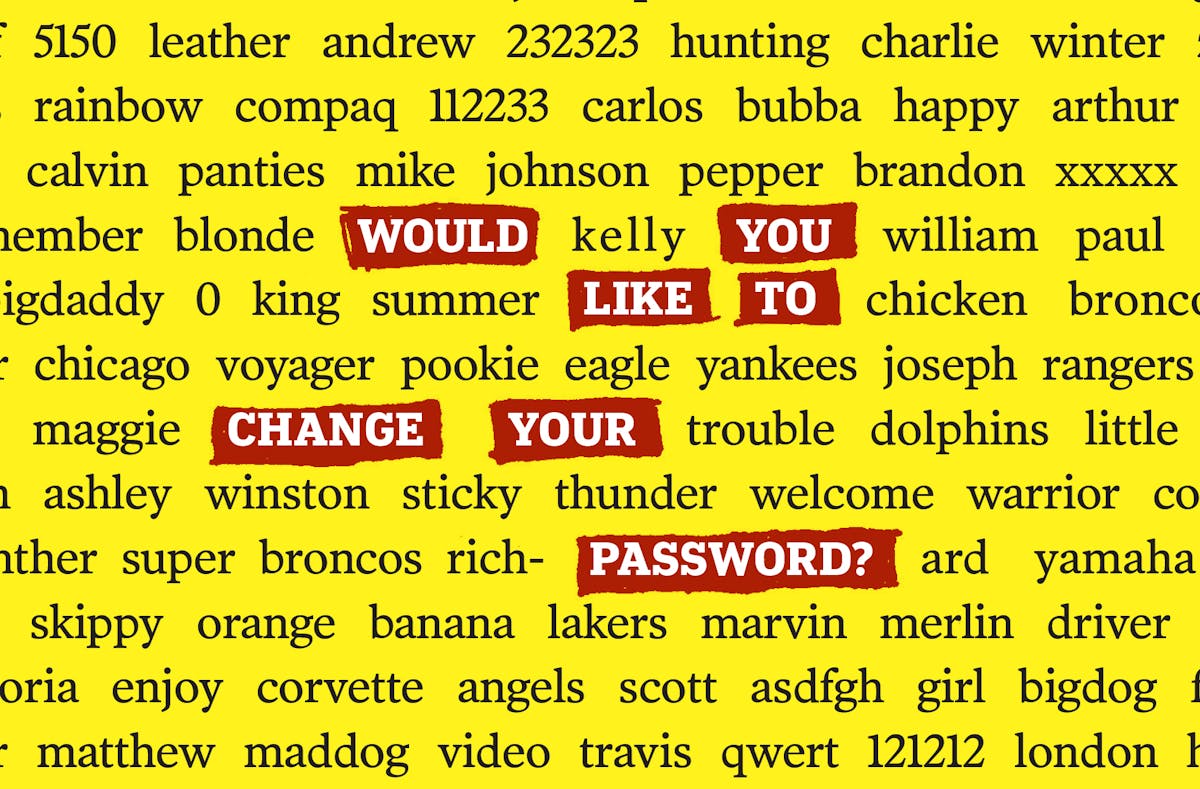In the ongoing struggle with online security, experts offer these tips to generate and manage passwords that will keep your information safe.
Mix it up. Ideally, every password is different. Realistically, there are a lot of repeats out there. At minimum, make sure your passwords to critical sites — especially financial information and e-mail, which is a gateway to so much more — are unique and tough to crack.
Words to the wise. Some hackers will try every word in the dictionary, so make sure your password is complex. If whole words are all you can remember, try pairs or groups of completely unrelated words for better security.
Think in phrases. Remembering a random combination of letters, numbers and symbols gets easier if they're related. Pick a phrase that's special to you but not widely known and adapt it. For example, "Thanksgiving dinner includes turkey, sweet potatoes, green beans and three pies" might become "Tdit*sp*b&3P."
Consider an app. There are multiple smartphone apps that remember passwords for you, including LastPass, 1Password, Dashlane, oneSafe and KeePass, which is an open source tool. While some are free, many require annual subscriptions to use all their features. Read the details and make sure they encrypt information. Even then, experts say, you may want to remember a few critical passwords (e-mail, financial sites, etc.) so that you're not stashing all your secrets in one place.
Just forget. Sometimes, especially for sites you seldom use, it's easier to reset the password on each visit. It might take an extra step or two, but that might be more secure than re-using passwords or writing them down somewhere unsecure.
Katie Humphrey

Gallery: AJR performs at Xcel
After 40 years in Park City, Sundance exploring options for 2027 film festival and beyond

An NPR editor who wrote a critical essay on the company has resigned after being suspended

